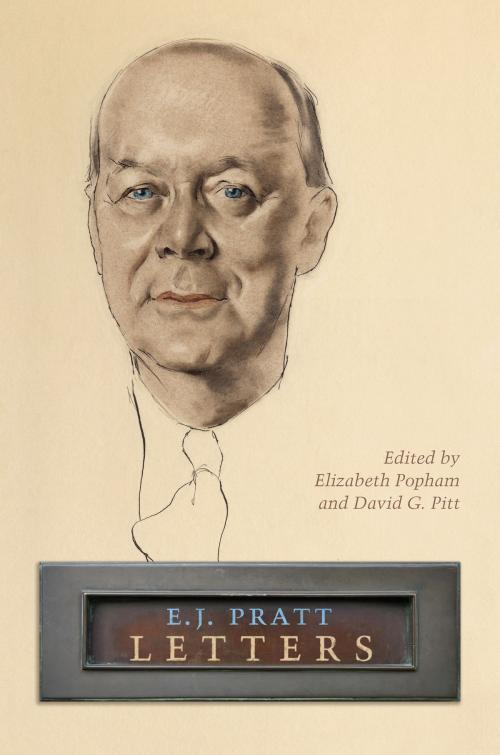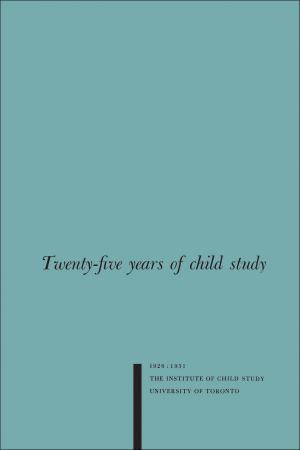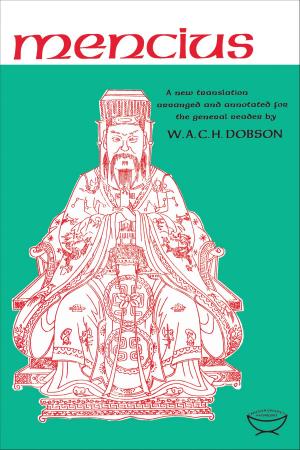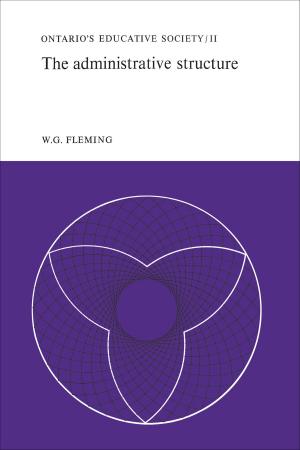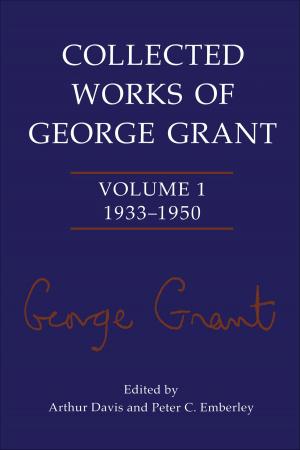E.J. Pratt: Letters
Fiction & Literature, Literary Theory & Criticism, Canadian, Nonfiction, Art & Architecture, Art History, Biography & Memoir| Author: | E.J. Pratt Library | ISBN: | 9781442622623 |
| Publisher: | University of Toronto Press, Scholarly Publishing Division | Publication: | January 18, 2017 |
| Imprint: | Language: | English |
| Author: | E.J. Pratt Library |
| ISBN: | 9781442622623 |
| Publisher: | University of Toronto Press, Scholarly Publishing Division |
| Publication: | January 18, 2017 |
| Imprint: | |
| Language: | English |
This edition of E.J. Pratt’s letters is the final volume in the Collected Works series. Because of Pratt’s role in the making of Canadian culture between and after the World Wars, his correspondence highlights key moments in our cultural history and provides a view of the enterprise from its very centre.
The letters take us into his "workshop," illuminating the research behind his distinctive documentary long poems and the social nature of his creative production. They also reveal the complex network of writers, critics, artists and political figures of which Pratt was a part, the evolution of the Canadian book trade from the 1920s through to the early 1960s, and the emergence of radio (and specifically, of the Canadian Broadcasting Corporation) as a tool for forging national identity. Pratt's correspondence both confirms the public persona of one of Canada’s first literary celebrities and provides glimpses of the private character behind the mask.
This edition of E.J. Pratt’s letters is the final volume in the Collected Works series. Because of Pratt’s role in the making of Canadian culture between and after the World Wars, his correspondence highlights key moments in our cultural history and provides a view of the enterprise from its very centre.
The letters take us into his "workshop," illuminating the research behind his distinctive documentary long poems and the social nature of his creative production. They also reveal the complex network of writers, critics, artists and political figures of which Pratt was a part, the evolution of the Canadian book trade from the 1920s through to the early 1960s, and the emergence of radio (and specifically, of the Canadian Broadcasting Corporation) as a tool for forging national identity. Pratt's correspondence both confirms the public persona of one of Canada’s first literary celebrities and provides glimpses of the private character behind the mask.
